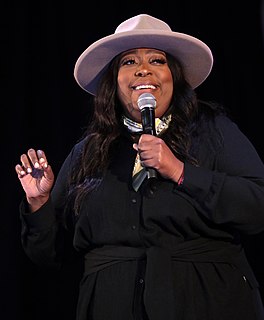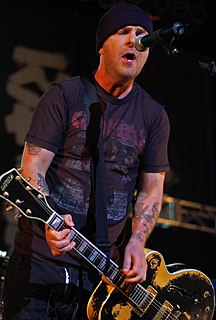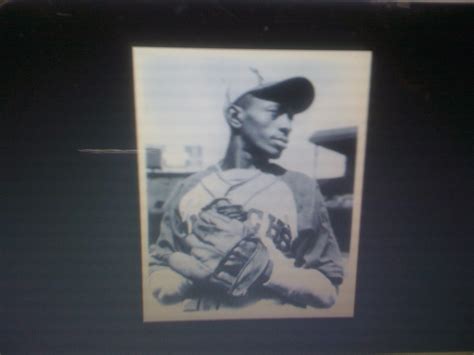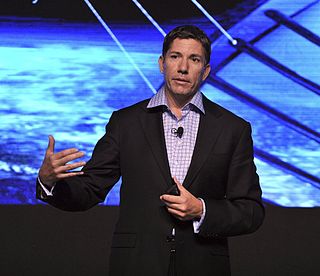A Quote by Loni Love
Now AOL is the grandma of online Web services. I mean, we don't need it anymore.
Related Quotes
While sanctions against Iran and Syria are intended to constrain those countries' governments, they have had the unfortunate side effect of constraining activists' access to free online software and services used widely across the Middle East, including browsers, online chat applications, and online storage services.
When I was 14, I spent a huge amount of time on the Internet, but not the Internet we know today. It was 1994, so while the World Wide Web existed, it wasn't generally accessible. Prodigy and CompuServe were popular, and AOL was on the rise, but I didn't have access to the web, and no one I knew had access to the web.
Anybody who can afford a box of business cards can afford a Web site. Any company with an 800 number can move its services to the Web for peanuts by comparison. The extreme case of corporate promotion is to strip away all other aspects of your business and sell goods or services via the Net alone, as amazon.com has done with books.

































